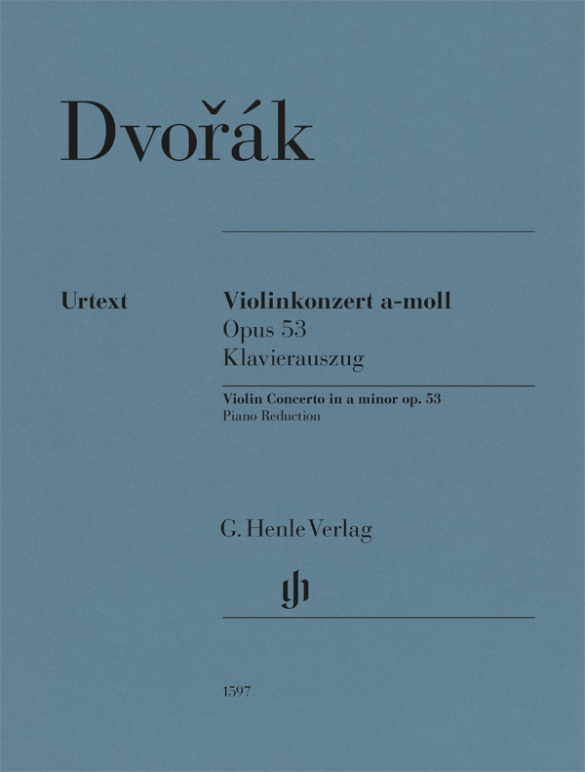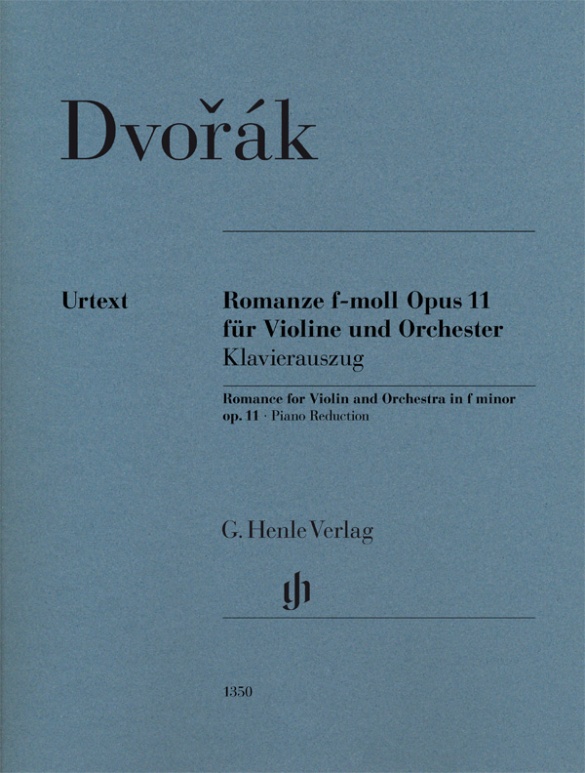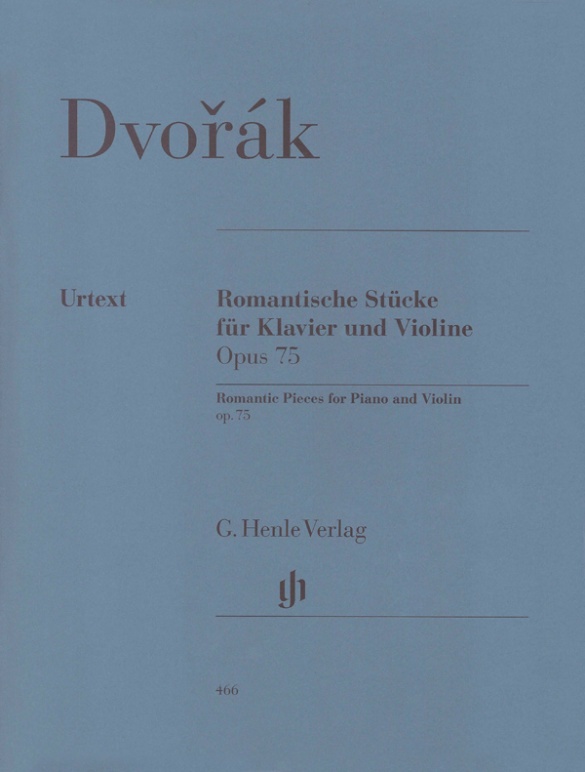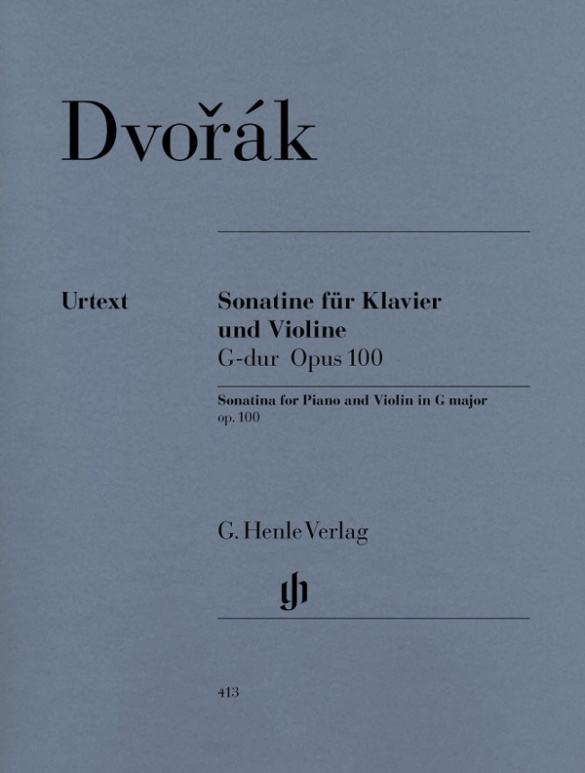

Antonín Dvorák
Violin Sonatina G major op. 100
Dvorák’s famous Symphony from the New World abounds in melodic turns and phrases that call up the atmosphere of “Indian melodies” and spirituals. Among them are pentatonic (five-tone) tunes, and syncopated rhythms. Tender melodies from this same sound-world also reside in this Sonatina for violin and piano op. 100, written during his first residency in America between 1892 and 1894, transforming the four-movement Sonatina into a charming chamber-music piece. Dvorák dedicated the work to his children Otilie (aged 15) and Antonin (10), and it is in keeping with the abilities of the young pianist daughter and little violinist son. Nevertheless, Dvorák writes: “grown-up adults should also be able to take enjoyment in these pieces in the same way that they can”. The carefully-prepared Henle Urtext edition boasts an extensive preface concerning the source materials, and is based on the autograph and the first edition published by Simrock.
Content/Details
(Explanation)
About the Composer
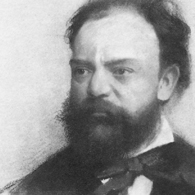
Antonín Dvorák
With Smetana he is the most famous Czech composer of the nineteenth century, contributing to the dissemination and appreciation of Czech music throughout the world. Among his around 200 works, encompassing all standard genres, are nine symphonies, fourteen string quartets, and twelve operas.
| 1841 | Born in Nelahozeves (Mühlhausen) on the Vltava River on September 8, the son of a butcher and innkeeper. |
| 1853 | Attends the training school in Zlonice; there he receives a comprehensive musical education from Josef Toman and the cantor Antonín Liehmann; subsequent education in Česká Kamenice (1856–57). |
| 1857–59 | Studies at the organ school in Prague. Until 1871 he will earn his living as a music teacher, organist, and violist. |
| 1861 | String Quintet No. 1 in A minor, considered his first work. |
| 1862 | Position as solo violist in the orchestra of the Bohemian Provisional Theater (conducted by Smetana, among others) |
| 1873 | Breakthrough with the premiere in Prague of his patriotic hymn “The Heirs of the White Mountain,” Op. 30. Employment at the private Prague School of Music. Several state scholarships. |
| 1874–77 | Organist at St. Adalbert church. |
| from 1876 | “Moravian Duets,” Opp. 20, 29, 32, and 38 (1876–77), “Slavonic Rhapsodies,” Op. 45 and the first series of “Slavonic Dances,” Op. 46 (both from 1878) enjoy great success. His fame abroad grows. |
| 1882 | Premiere of the opera “Dimitrij”, in the tradition of grand opera. |
| 1884 | First invitation to England, after which eight more will follow. |
| 1886 | Premiere of his oratorio “Saint Ludmila,” Op. 71. |
| 1891 | Professor of composition at the Prague Conservatory. |
| 1891–95 | Director of the National Conservatory of Music in New York. |
| 1893 | Premiere in New York of Symphony No. 9, “From the New World,” Op. 95 (American folkloric elements, cyclic techniques). |
| 1901 | Premiere in Prague of his most famous opera, “Rusalka.” |
| 1904 | Premiere in Prague of his last opera, “Armida.” Death in Prague on May 1. |
About the Authors
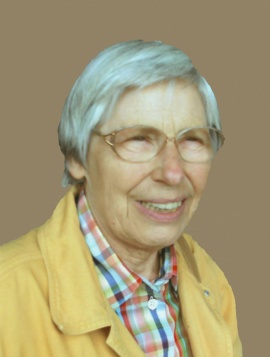
Sonja Gerlach (Editor)
Sonja Gerlach was born in Hannover in 1936. She did a secondary school teaching degree (Staatsexamen) in music and mathematics in Berlin. From 1965 to 1999 she was a research associate and editor at the Joseph Haydn-Institut in Cologne. In addition to her work as an editor and researcher she addressed questions concerning the chronology of Haydn’s symphonies. She is also very interested in problems of ascertaining authenticity of works in Haydn’s different genres.
In 2000 she retired and moved to Munich where she now lives.
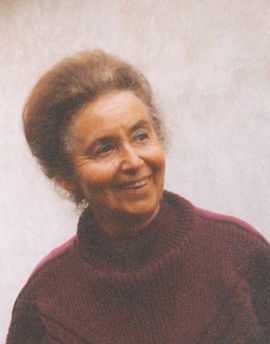
Zdenka Pilková (Editor)
Dr. Zdeňka Pilková, CSc (1931 Praha-1999 Praha) studied musicology and ethnography at Charles University Prague and graduated in 1955 (The dramatic Works of Jiří Benda, edited 1960 Prague) and received her PhD in 1968 (The Music Section of Umělecká beseda 1863-1963).
Her professional career began in 1955 in the Music Departement of the Czech Radio Prague, from 1964-1991 she worked in the Institut for Musicology (Czech Academy of Sciences). As a visiting lecturer she was active at Charles University Prague. Her special field was Czech music of the 18th century, especially G. Benda, F. Benda, J. Mysliveček, A. Kamel, J. Neruda. She presented papers at numerous international conferences and lectured in Europe and overseas. Dr Pilková collaborated with Grove Dictionary of Music and Musicians and coordinated the Czech participation in the project "The Symphony 1720-1840", Garland NY. In her private life Zdeňka Pilková was a member of the Studio of Chamber Dance in the style of Isadora Duncan. She published about 60 studies on the personalities of composers of the 18th-19th centuries.
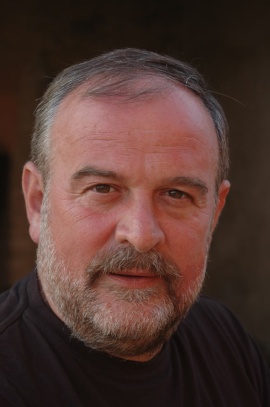
Helmut Deutsch (Fingering Piano)
Prof. Helmut Deutsch, born in 1945 in Vienna, studied piano and composition at the music conservatory there, as well as musicology at Vienna University. In 1967 he was awarded the Vienna Composition Prize. As a student he already began to specialize in chamber music and Lieder accompaniment. He has played for many world-class instrumentalists as well as in most forms of chamber music.
He began his career as an accompanist with the soprano Irmgard Seefried. Since then he has played for many of the top singers of our time. For twelve years he worked closely with Hermann Prey. Today, Helmut Deutsch is a Professor of Lied at the Hochschule für Musik in Munich and regularly gives master-classes in interpretation in Europe and Japan. Many of his numerous recordings have been awarded prizes.
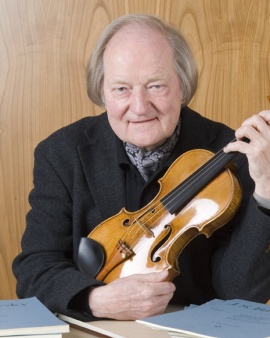
Kurt Guntner (Fingering and bowing for Violin)
Prof. Kurt Guntner was born in Munich on Mozart’s 183rd birthday. He studied the violin with Ludwig Ackermann, Max Rostal and Henryk Szeryng. At the age of 18, he made his solo debut in the Kongreßsaal at the German Museum in Munich, performing Beethoven’s Violin Concerto with the Munich Philharmonic Orchestra. At the age of 22 he was appointed first concertmaster with the Bavarian State Orchestra. After 10 eventful years at the Bavarian State Opera with conductors such as Ferenc Fricsay, Joseph Keilberth and Hans Knappertsbusch, Rudolf Kempe invited him to become the first concertmaster with the Munich Philharmonic Orchestra, giving him the opportunity to perform the violin solo in many of the great violin concertos.
Of particular appeal were the BR’s invitations to perform and record great violin concertos that were seldom played, including those by Casella, Schillings, Szymanowsky. Kurt Eichhorn initiated this series– Jan Koetsier, Marek Janowski and others conducted other concertos. Kurt Guntner was also first concertmaster with the Bayreuth Festival Orchestra for many years, and played with the Munich Bach Orchestra under Karl Richter, in the Association of Soloists in The Bach Week in Ansbach and with the Münchner Bachsolisten. In 1972 he founded the internationally acclaimed ODEON-TRIO, together with the cellist Angelica May and the pianist Leonard Hokanson, touring all over the world with them for 25 years. In 1976 Guntner was called to the tenured chair of violin at Munich’s Hochschule für Musik und Theater, teaching students from around the world for 28 years.
He made numerous recordings for radio, television, record and CD. Karl Schumann described Guntner’s broad musical personality thus: “Kurt Guntner is a practical orchestral musician, soloist, chamber musician and educator in one person”.
In 1997 Kurt Guntner was awarded the order of merit (first class) of the Federal Republic of Germany.
Kurt Guntner died on 9 January 2015 in Munich.
He was closely associated with G. Henle Publishers for several decades. Since the end of the 1980s he had produced numerous Urtext editions of works for violin for the publishing house, sharing pedagogically polished bowings and fingerings for different works including violin concertos by Bach, Haydn, Mozart, Bruch and Tchaikovsky, as well as numerous other editions.
Product Safety Informations (GPSR)

G. Henle Verlag
Here you can find the information about the manufacturer of the product.G. Henle Verlag e.K.
Forstenrieder Allee 122
81476 München
Germany
info@henle.de
www.henle.com
recommendations
autogenerated_cross_selling
Further editions of this title
Further editions of this title


